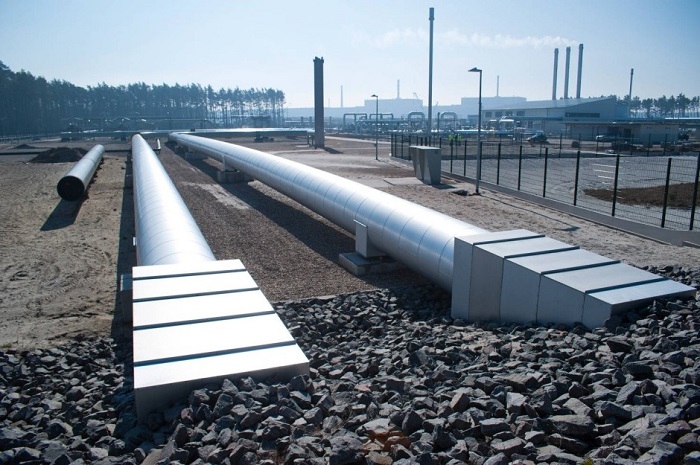The expert noted that the wedge strategy element of the Nord Stream 2 pipeline project casts Germany in a remarkably different light than Chancellor Angela Merkel’s diplomatic efforts concerning Ukraine in 2014–2015, when Germany took the lead in the coordinating sanctions against Russia within the EU and Merkel’s leadership role in brokering the Minsk deals received widespread praise in EU.
“With Nord Stream 2 pipeline in place, Germany would be seen as a country that enjoys its privileged relationship with Russia, driven by economic self-interest, and when push comes to shove, insensitive to the EU’s collective security, diplomatic efforts and energy policy objectives,” Vihma said.
The expert noted that in the short term, the Nord Stream 2 project could deprive Ukraine of significant annual revenue and a rare political lever against Moscow as a transit state between Russia and the EU markets.
“This very same issue, from the EU perspective, would result in a sizeable policy incoherence, in which the EU and Germany would effectively end up supporting Ukraine, on the one hand, and weakening it, on the other,” according to Vihma. “In the longer term, with the current Russian-Ukrainian crisis out of the equation, the argument of not weakening the Ukrainian geopolitical position may become less relevant, and Ukraine’s role in gas transit can be addressed from more technocratic lenses.”
Vihma noted that depending on the escalation and possible de-escalation in the general Russia-West tension matters, Nord Stream 2 could be implemented or blocked.
The Nord Stream 2 project envisages construction of two pipelines from Russia to Germany across the Baltic Sea. The project plans to use the original Nord Stream pipeline for 86-percent of the route before branching off. The capacity of the Nord Stream 2 will reach 55 billion cubic meters - the same as the capacity of the Nord Stream project. Russian Gazprom`s partners in the Nord Stream 2 project are Uniper, Wintershall, Shell, OMV and Engie.
On Oct. 27, the first steel pipes have been delivered to the German island of Rugen to carry out construction of Nord Stream 2 pipeline.
Such European countries as Ukraine, Baltic countries, Poland and Slovakia stand against the project. Ukraine does not want to be deprived of income for gas transit. Baltic countries, Poland and Slovakia say the Nord Stream 2 “will increase EU dependence on Russian gas”, which contradicts EU’s energy strategy. In a statement issued this week, the EU Parliament members said the Nord Stream 2 project runs counter EU interests.
/Trend/
More about:
















































